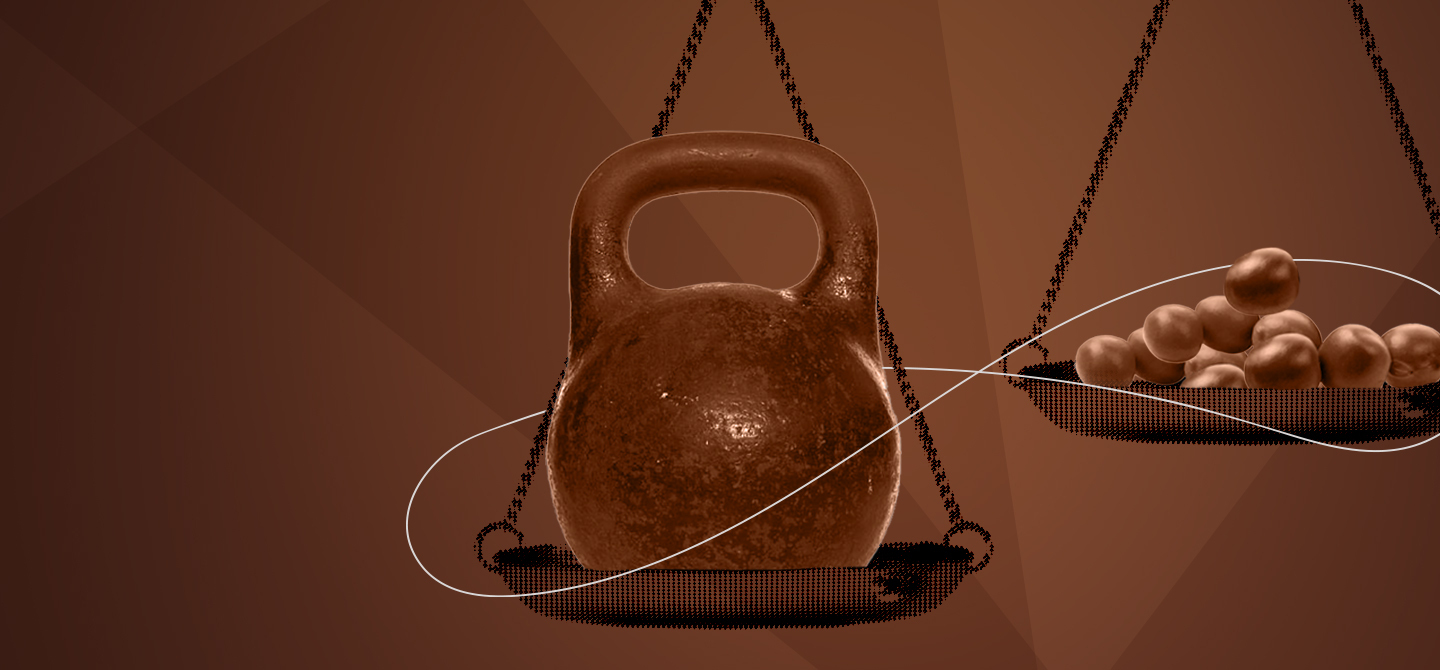Economics and the challenge of moral values
- The importance and plurality of moral values is a challenge for economics because they are very difficult to rationalise.
- When morality is incorporated into economic models there is often a tendency to favour the “win-win” standpoint.
- But defending our values can come at a high price, and we must admit that they often conflict with economic efficiency.
- The reality of moral values also conflicts with the value system of economists, who consider that the world will be better when everyone maximises their pleasure and minimises their pain.
- It is therefore in the interest of economics to better think about the confrontation between efficiency and values, and to draw on authors who have seen the world differently.
In the history of economic science, there was a moment, exemplified by Gary Becker (Nobel Prize winner in 1992), when economists began contributing their methods and solutions to new fields (the family, crime, the city). Your work seems to be part of a reverse movement, where economics is drawing on other disciplines for inspiration.
The tradition of interdisciplinarity has existed since Adam Smith, who was both a philosopher and an economist. Part of economics has always been interested in the connection with sociology and philosophy. Yet, in the last twenty years, it is psychology that has nourished our discipline, with the trend of behavioural economics which attempts to use laboratory experiments to study the apparently ‘non-rational’ behaviour of agents. Our work is part of this interdisciplinary tradition, which encompasses Gary Becker’s work, but we have turned our attention to an issue which, rather than a promise of cross-fertilisation, is a challenge for our discipline: the importance of moral values, and especially their plurality within the population.
Why is this a challenge? Because this plurality cannot be reduced to the ‘altruistic preferences’ which economists refer to. When we look at the plurality of values, we come across phenomena that are much more difficult to rationalise. For example, people value freedom for its own sake, without necessarily using it. Or they have a variable geometry altruism, which favours the group, the community. Or, according to the psychologist Jonathan Haidt, purity. There are also cultural or national differences. For example, when presented with options for regulating traffic in the city centre, the French are more hostile to paying tolls than the Americans and Germans and are more in favour of reducing the number of parking spaces. Behind these preferences, there are values.
Economic analysis struggles to take into account the plurality of these values, even though economists know that it is not only efficiency that counts. They understand that humanity is not just made up of rational calculators and that there is a form of altruism. But in the utilitarian tradition of Jeremy Bentham, they see this altruism in an abstract and universal form. In other words, economists themselves have a particular value system, yet they are tempted to project it onto the rest of the population. And the differences are very significant.

What interests us are the values that resist both projection and generalisation into collective preferences. Those, in short, that cannot be reduced or absorbed by our discipline. For example, when asked about the alternative between a carbon tax and environmental standards for car manufacturers, 92% of economists support the carbon tax, compared with only 22% of Americans. There is clearly a conflict here between two forms of justice.
The title of your book, The Price of Our Values, suggests a meeting point, however: to resolve frictions, we could always agree on a price. Isn’t this the traditional approach to economics, which reduces everything to the market?
I would say that it is a ‘middle ground’ approach, even if potentially the price of our values can be infinite (no compromise possible). There is a tendency today to favour the “win-win” approach. Particularly in political debate where proposals involving values are supposed to be easily palpable. For example, the energy transition, driven by concern for future generations, will produce growth. Or again: the responsible company satisfies its consumers, investors, and employees, so it is doing very well. But in many cases, defending our values can come at a high price, and rather than telling ourselves that all will be well in the best of all possible worlds, we must admit that they are in conflict with the economy. The dilemmas posed by the invasion of Ukraine illustrate this: are we prepared to turn down our heat to stop the war? And above all, to what extent?
So, this tension is not going to be resolved?
Not in the sense that everything would eventually fall into line. We mentioned behavioural economics above. This field explores the idea that people do not maximise their material well-being, that they make systematic mistakes (they extrapolate past trends too much, lack self-discipline, etc.). But behavioural economics deduces that people must be taught to optimise their lives better, or even forced to do so! However, this ambition is a very questionable philosophical position. It promotes the hedonistic way of life promoted in the 19th Century by the economist Jeremy Bentham with his ‘utilitarian’ philosophy: the world will be a better place when everyone maximises their pleasure and minimises their pain.
This is the value system that many economists apply to their analyses. But there is no evidence that this is the value system of the people. A particularly glaring contradiction concerns freedom: economists are liberals in the sense that freedom is an instrument for achieving economic efficiency.
Behavioural economics deduces that people must be taught to optimise their lives better, or even forced to do so.
People do not only have efficiency in mind, and they are willing to pay for it. We investigated the following situation: in order to support a local manufacturer and preserve 1,000 jobs, it is proposed to buy trams at a higher cost by increasing the subscription price. Three groups, each with a different price increase, are asked to rate the project (from 0 for complete disagreement to 10 for complete agreement). The average score is 7.4 for the group subject to a 5% increase, 6.6 for those subject to a 10% increase and 6.1 for those subject to a 50% increase. The value of solidarity withstands even a substantial increase.
In the world of economists, the market with its free individuals could be replaced by a computer capable of allocating resources. On the contrary, in real life the value of freedom is strong, but it is also the freedom to make ‘bad’ choices. And it is a freedom in itself, disconnected from any idea of efficiency. In a word, it is a moral value.
This critical review of your discipline and its philosophical premises leads you to explore visions that are completely alien to the individualistic tradition with which economics is associated. For example, you refer to the father of sociology, Émile Durkheim.
Durkheim highlights the existential vacuum into which industrial society plunges individuals, because it promotes the maximisation of individual interests to the detriment of the group. Durkheim believes that utilitarian individualism is a ‘sociological hell’: it chills hearts and causes despair. For economists like us, this is a very heterodox thought, but an enlightening one. It helps us to measure what resists our methods. And the moral values that are at the forefront of his worldview are precisely those that are least taken into account by our discipline. They help us to develop our research programme.
But the central challenge remains to enrich economic thinking. Even in its most technical and specialised aspects. My academic speciality is financial economics. There is a lot of talk about responsible investment and socially responsible business. Of course, investors are primarily motivated by profit, by return, but more and more, societal, or environmental concerns are becoming important, to the point where they will end up eroding the pure logic of profitability. It is a fascinating subject.
Economic thought has everything to gain from considering this confrontation between efficiency and values. This will enable it to better inform political debates. We start from the principle that people should be asked what they think, in a serious manner, so as to reveal tensions and bring out contradictions. But if people are willing to pay a lot of money to reduce pollution, to take control of their community (through decentralisation) or to do without Chinese imports, why not? There is a need to inform some of the debates by taking into account people’s moral preferences, and by measuring what this means economically.














